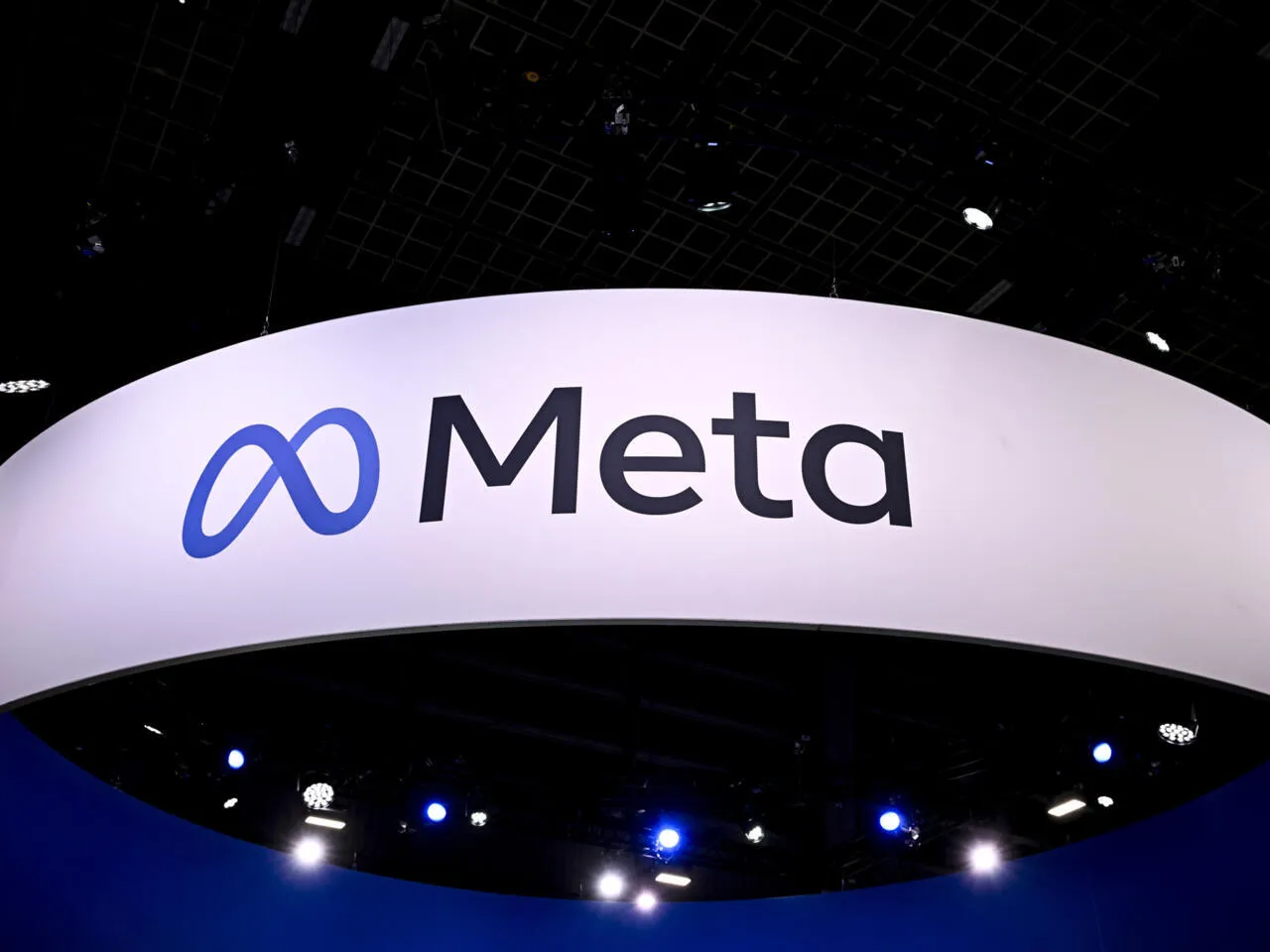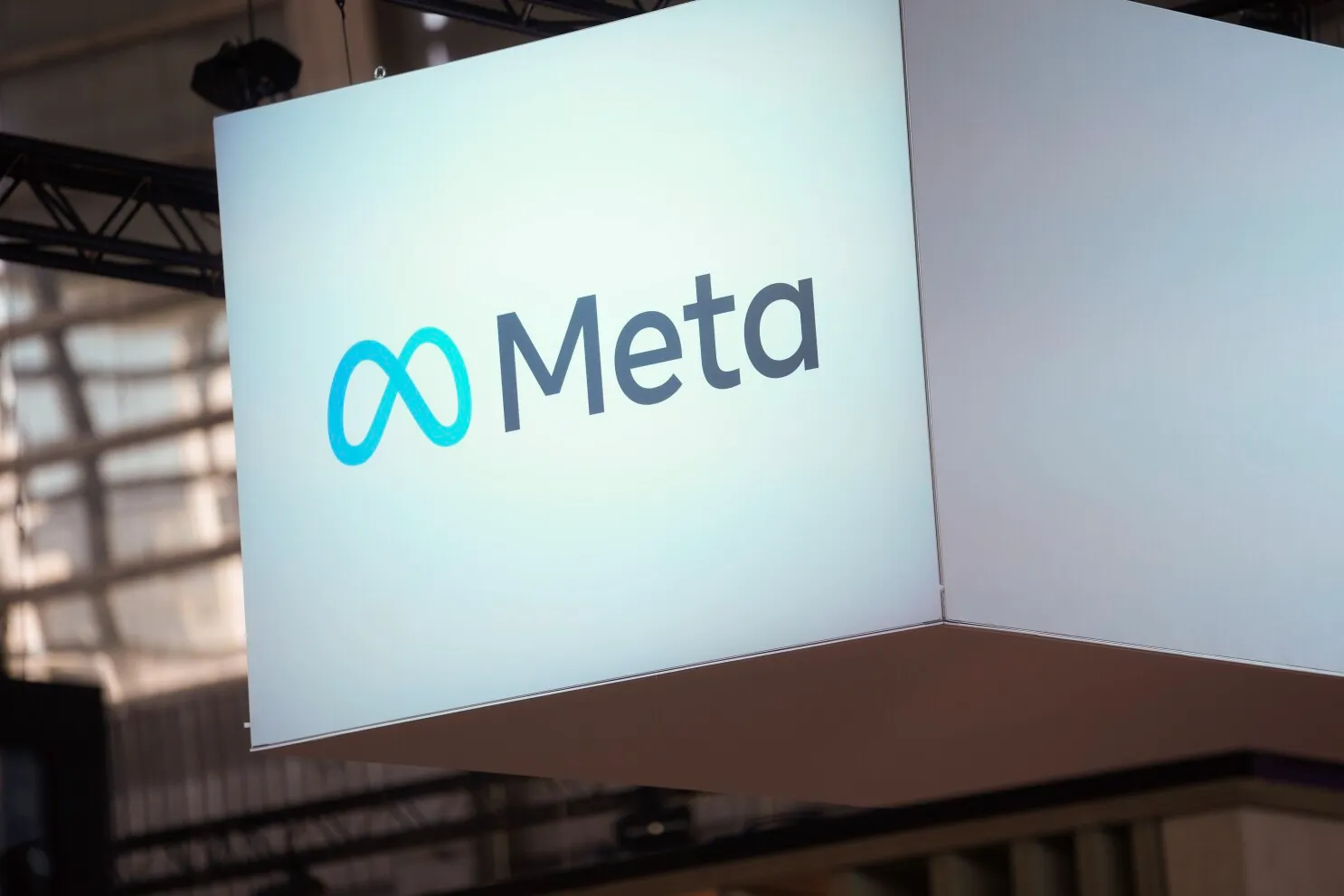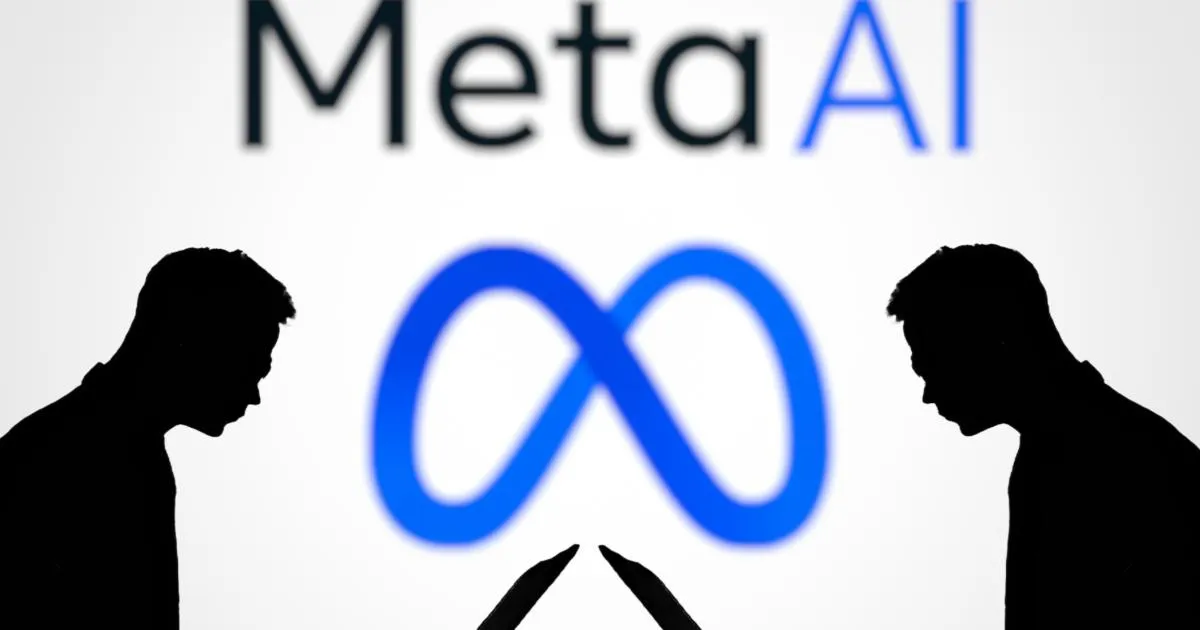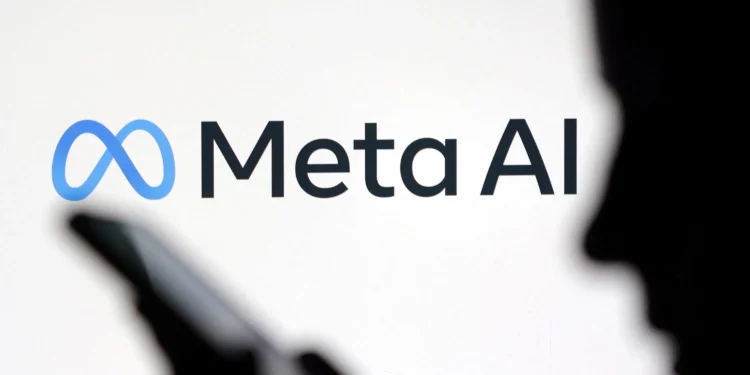Meta is once again making headlines with a groundbreaking initiative that will take its artificial intelligence (AI) to new heights. The tech giant recently announced that it will begin using public content—such as posts and comments shared by adults across its platforms in the European Union (EU)—to train its generative AI models. This move is designed to improve the AI experience for millions of Europeans, making it more reflective of their diverse cultures, languages, and histories. Here’s everything you need to know about Meta’s latest AI training efforts and the potential impact on users across Europe.

Meta AI’s Evolution in Europe
Last month, Meta introduced its AI chat function in the EU, marking a significant step toward making generative AI accessible for free across popular platforms like Facebook, Instagram, WhatsApp, and Messenger. However, as part of the ongoing effort to enhance AI capabilities, Meta now plans to leverage public interactions—including questions, queries, and comments—shared by users on its platforms to fine-tune its models. The company argues that in order to truly understand and engage with European users, its AI must be able to reflect the unique nuances of the region.
What’s Changing for EU Users?
As part of this new training initiative, users in the EU will soon receive notifications through both in-app messages and emails. These notifications will inform them about the type of data being used for training, and more importantly, how this data will help Meta’s AI become better at understanding regional dialects, colloquialisms, humor, and local knowledge. Users will also be provided with a link to a form where they can opt-out if they do not want their data to be used for these purposes.
Importantly, Meta has stated that it will not use private messages between users and their friends or family members in its AI training. Additionally, data from accounts belonging to users under the age of 18 will not be included in the training set.

Why Meta is Making This Move
Meta’s decision to train its AI using public data in Europe is driven by the company’s commitment to building AI that is not only available to Europeans but also tailored to them. Meta believes it has a responsibility to understand and reflect the rich diversity within the region. This includes capturing everything from regional dialects and colloquialisms to more intricate aspects of European culture, such as humor, sarcasm, and hyper-local knowledge.
The training is especially critical as AI models evolve to offer multi-modal functionality, which includes text, voice, video, and imagery. As AI continues to improve, it will be important for the technology to grasp the complexities of how Europeans communicate across these different formats.
Transparency and Compliance with European Regulations
One of the major points Meta has emphasized in this announcement is its transparency. The company made it clear that its approach to training AI with public data is not unique to Europe. Similar methods have been used by other tech giants such as Google and OpenAI to train their AI models, but Meta is proud to highlight that its approach is more transparent than many of its industry counterparts.
This move follows Meta’s careful navigation of European legal regulations. Last year, the company delayed using public content for training purposes while waiting for clarity on legal requirements. Since then, Meta has received guidance from the European Data Protection Board (EDPB) and the Irish Data Protection Commission (IDPC) to ensure compliance with European laws and regulations. As of now, Meta’s AI training efforts are aligned with the legal frameworks in place, paving the way for a future where generative AI can fully integrate into European life.

What Does This Mean for Users in Europe?
While the announcement marks a significant step forward in AI development, it’s clear that Meta is taking a careful, user-centric approach. Users who are concerned about their data being used for training purposes will have the opportunity to opt-out easily, thanks to the clear and accessible objection form provided in the notifications.
Meta’s commitment to improving its AI systems through this data-driven approach is just the beginning of a larger trend in the tech industry, where companies are striving to build AI that is more in tune with the global user base. However, as AI continues to evolve, it will be interesting to see how other companies handle the delicate balance between innovation, privacy, and user choice.










